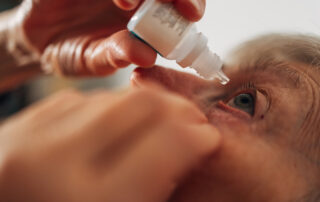Sleeping without pillows may lower harmful high internal eye pressure in people with glaucoma
Stacked pillows alter neck position which may compress jugular vein, suggest researchers Sleeping without pillows may help lower high internal eye pressure, build-up of which causes optic nerve damage and glaucoma—the leading cause of irreversible blindness worldwide–in people with the condition, suggests preliminary research, published online in the British Journal of ...











